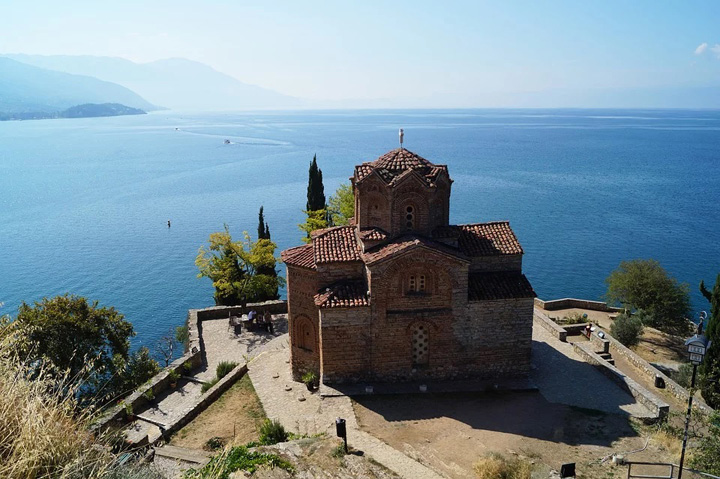
Fifteen years have passed since North Macedonia, once called the “Oasis of Peace” country for remaining at peace through the Yugoslav wars of the early 1990s have applied for EU membership. Since then, the global and the regional context has changed and new complexities have been introduced, especially concerning the fight against corruption, organized crime or the illegal migration, mainly considered as key security risks and threats to the Western democratic values and principles. Indeed, the prevention and penalization of corruption requires effective judiciary, equal access to justice and functional democratic institutions. Effective systems of checks and balances, by which national parliaments can and should exercise oversight role over the power of the executive governments must be in place, for any gradual political, economic and social transformations of societies to take place.
However, corruption is a too complex phenomenon to be left understood only as part of the EU conditionality for the EU candidate countries. It erodes the trust in institutions, it undermines the democratic system(s) of values and principles and setbacks different economic and structural reforms. High level of trust in exercising democratic standards, principles and values is necessary for the citizens to start owing and empowering the laws, to start asking for better transparency and accountability and to actively engage within the process of social transformation. In this regard, corruption, is a social threat, “that bridge both Europe’s North-South and East-West divides as it knows no borders, nor cares for national differences”. It’s phenomena that is deeply embedded in the political systems of the societies and is pre-conditioned by the welfare types of states and the variations in the politico-institutional and socio-economic terms that also affect the dynamic of the control of corruption. Therefore, a (new) methodology for the Western Balkans can also serve as a baseline for re-designing the EU strategy in prioritizing the complexity of corruption, to move higher on the EU agenda and consequently, to reduce the tension between east and west while addressing the north-south axis within the globalized settings.
Having this on mind, France effort(s) to offer new perspectives in renewing the EU, can indeed start with acknowledging the necessity of addressing corruption in comprehensive manner, if it is properly communicated and if it aims to demonstrate broader understanding of this negative phenomenon, rather than to create additional pressure to vulnerable societies that are still struggling to cope with economic and political challenges. In fact, France determination to set ambitious national framework for preventing and detecting corruption or influence trafficking in France and abroad, and the firm position of President Macron, to back the Romanian candidate Kövesi for the position of European Public Prosecutor's Office, rather than his countryman Jean-François Bohnert, demonstrates political will to take bold actions in addressing the core problem with corruption linked to the security and organized crime threats, the financial inefficiencies caused by corruption or the backsliding(s) of democracy. However, by doing such necessary steps, it should not bypass the other EU institutions, especially the European Commission, with long-term expertise in monitoring democratic progress in these states, nor the European Parliament. On a contrary, the process of consultation should have been reversed, prior the decision has taken place at the European Council, not to begin accession negotiations, especially with North Macedonia, as a country that has already passed few consecutive delays of opening negotiation talks. Moreover, the (lack of) exercise of transparency and accountability on the EU level can affect the systems of checks and balances on nation state level and can also affect the EU legitimacy, if such practices are repetitive.
In line with these views, hereby you can find my comment published recently by Social Europe.
Emilija Tudzarovska-Gjorgjievska is Doctoral Fellow working on the PhD Project: The anti-corruption strategies between checks and balances: the cost of EU legitimation approach as part of the PLATO Horizon 2020 program entitled “Post-Crisis Legitimacy of the European Union”.
Scientists
